WILL FAMILIARITY BREED CONTEMPT FOR COVID-19 WARNINGS?
More than three decades ago, I published several scholarly articles about what I and other scholars in the fields of communication, human factors and psychology called "the familiarity effect." Very simply, I concluded that those people with the most
familiarity (i.e., experience) using a product or experiencing an event or phenomenon would be among those least
likely to follow warnings about any dangers or risks they might confront. For example, swimmers with the most experience diving into a pool would be the least likely folks to follow "no diving" signs posted, even prominently, at the pool. Or college students who have been spending every weekend at a house party are not likely to follow "no drinking" warnings, if indeed they were announced by the host of a new party they were attending for the first time. What I fear the most today is that the "familiarity effect" may be starting to infiltrate our Covid-19 weary populace.
As I write this newsletter, Governor Andrew Cuomo of my home state, New York, has been proudly posting week after week of extremely low statewide infection rates well under 1% of the almost 100,000 people/day New York State has been testing, by far the largest number of people being tested in the United States and even more significant, the lowest infection rate in the country. While New York is probably the most successful state in the U.S. to bend the Covid-19 curve, Governor Cuomo is not resting on his laurels and claiming, as others in leadership positions have incorrectly shouted, "Mission Accomplished!" Quite the contrary, as Governor Cuomo publishes his daily good news reports, rather than taking a victory lap, he ever so sternly and gently (as only he can do) warns New Yorkers, "This thing isn't over yet!" He constantly reminds us all to "mask up" (with a now national PSA campaign well underway), "keep our distance", "stay outside as much as possible" "wash or sanitize our hands constantly" and "avoid crowds, especially in indoor settings." At the same time, seven months after we first heard of this virus and contrary to decisions made by many too-eager states, Cuomo has still kept indoor dining and bars off limits in NYC, prevented crowded venues such as theaters, concert halls, operas, sports venues from opening at all, while installing very strict crowd-regulated procedures for phased openings of museums and outdoor venues such as zoos, botanical gardens and even schools.
All of the above sounds great, except for "the familiarity effect." As Shakespeare so eloquently wrote, beware of being "hoisted by your own petard." Our success story may actually lead to our own downfall...if WE are not careful and start to become complacent with our own success. We can't let down our guard, or, as Cuomo is fond of saying, "we can't take our foot off the gas pedal" (of safety). We must not fall victim to the "familiarity effect." What are some examples that may apply to you, especially if you live in a town, city, region or state where there has been a recent decline in Covid-19 cases, hospitalizations or infection rate? Perhaps you have been relying upon food delivery both for meals and/or your shopping needs and you decide to venture outside to an outdoor restaurant. Depending on your acceptable risk tolerance, you decide to go to a restaurant which has plastic shields at right angles that separate tables that are at least 6 feet apart from each other. That may be better than going to a restaurant without such protections. Or, perhaps you are a senior who wants to go shopping at your favorite grocery store but haven't done so in months. Be sure they have "senior hours" where you are less likely to be shopping in crowds. Since this is still the middle of summer, many of you want to go to the beach. You should still keep socially distant from other beachgoers and avoid crowded situations...and, as hot as it is outside, keep your mask handy for situations where you may confront others, especially within 6 feet of you. You may miss hanging out at a bar with friends, but there literally is no way to do that safely at the present time. I could list dozens of examples, but you get the idea.
The "familiarity effect", as it relates to Covid-19, simply means that your familiarity with the community safety results and your own personal success, to date, coupled with our natural desire as social beings to socialize...at almost any cost...may cause you to ignore Governor Cuomo's and others' warnings. We cannot let our familiarity breed contempt for the Covid-19 warnings. Yes, we all have different levels of risk tolerance, and yes, we are paying a high price to follow the warnings, and yes, my own research predicts that if the cost to comply with warnings is high, warning compliance tends to be low, but we must not reduce our vigilance. REALITY CHECK: even when we have a vaccine or many great therapeutics, it will take many months, perhaps even more than a year, to distribute a vaccine to sufficient numbers of us so that we can resume even some of our prior pre-Covid-19 lives. Until then, we must learn to live with the virus and follow the advice of our scientists and health officials...and only government leaders who model after Andrew Cuomo's sage advice, "This thing isn't over yet!"
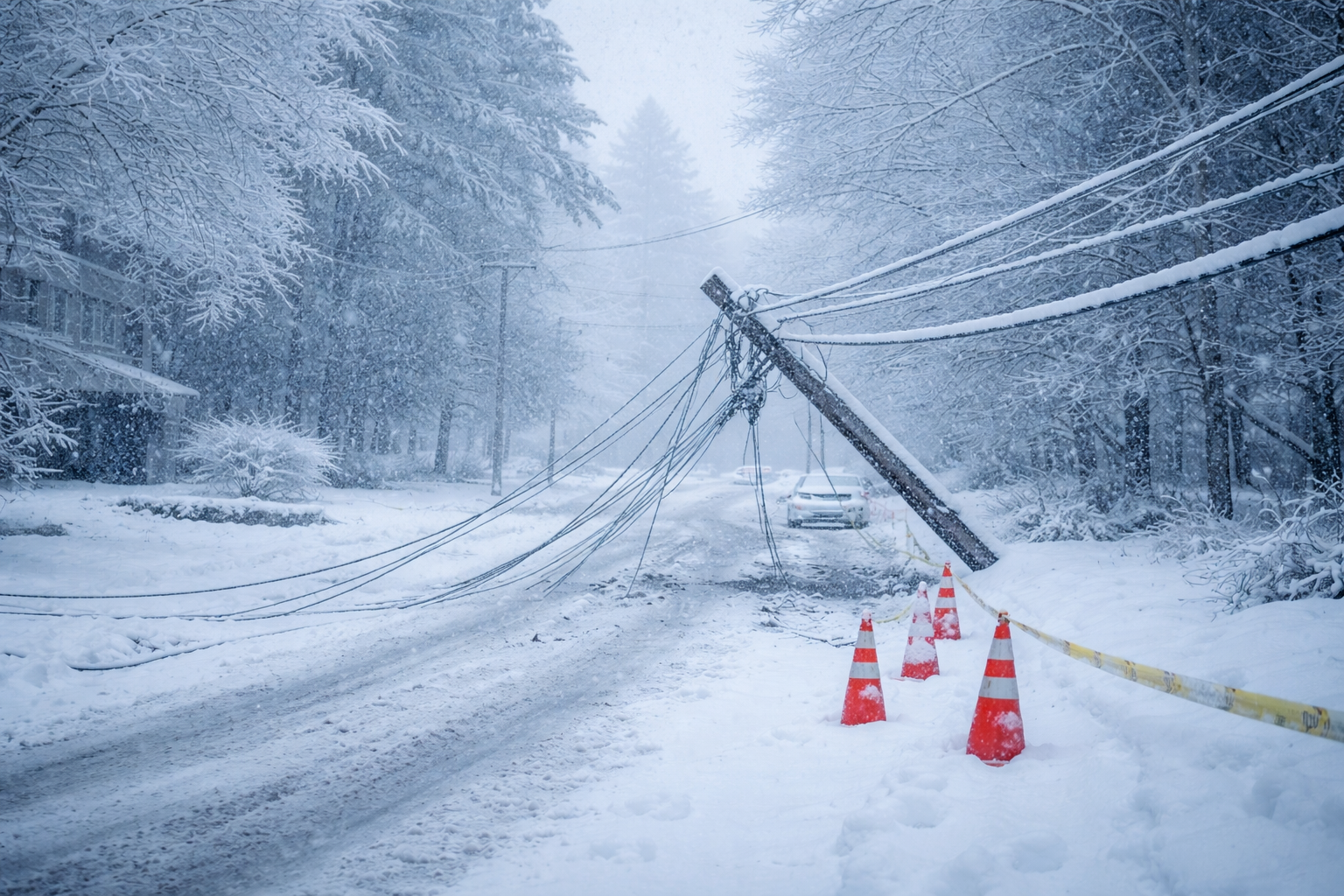
Winter in the Northern Hemisphere brings cold weather, snow, and often severe storms. These conditions can lead to power outages that last hours or even days. When electricity is lost and temperatures plummet, many households turn to alternative heating methods or portable power generators. While these actions are understandable, they can expose families to a perilous and often invisible threat: carbon monoxide (CO) poisoning .

As Thanksgiving approaches, kitchens across the country are about to come alive with the sounds and smells of holiday cooking. While this season brings family, gratitude, and plenty of delicious food, it also comes with a serious and often overlooked risk: foodborne illness. In the U.S., Salmonella and Listeria remain two of the most dangerous and persistent causes of food poisoning—especially during the holidays, when increased food preparation, crowded refrigerators, and large holiday meals create ideal conditions for bacterial growth.Whether you’re hosting your first Thanksgiving dinner or you’re a seasoned holiday chef, brushing up on a few key food safety practices can help you keep your loved ones healthy and your celebration memorable for all the right reasons.

The race to develop autonomous vehicles (AVs) has reached a pivotal moment. Alphabet-owned Waymo, widely regarded as the frontrunner in the field, has rolled out fully driverless taxis in Phoenix, San Francisco, and Los Angeles, with plans to expand to additional cities. But as more Waymo vehicles hit public roads without human drivers, the question looms large: Are they truly safer than the people they’re replacing behind the wheel?

We are now in the middle of another football season, and the question, as asked every year: Is this sport safe enough for our high school, college, and professional athletes to play? Football has always been a violent sport of collision, glory, and growing concern. Over the last decade, research tying repetitive head impacts to chronic traumatic encephalopathy (CTE) has shaken parents, players, and the game’s governing bodies. The central realities are straightforward but sobering: repeated head impacts — both diagnosed concussions and the many “sub-concussive” blows players take — are linked to later-life brain pathology; helmets and add-ons can lower impact forces, but no helmet or cover has been shown to prevent CTE; and rule and culture changes that reduce the number and severity of head impacts are where the biggest gains lie.

The Centers for Disease Control and Prevention (CDC) has long been viewed as the nation’s front-line defense against disease outbreaks, health emergencies, and public health threats. But today, the agency faces internal turmoil, political interference, and organizational confusion that experts warn could have dangerous consequences for the U.S. healthcare system—and for ordinary Americans.
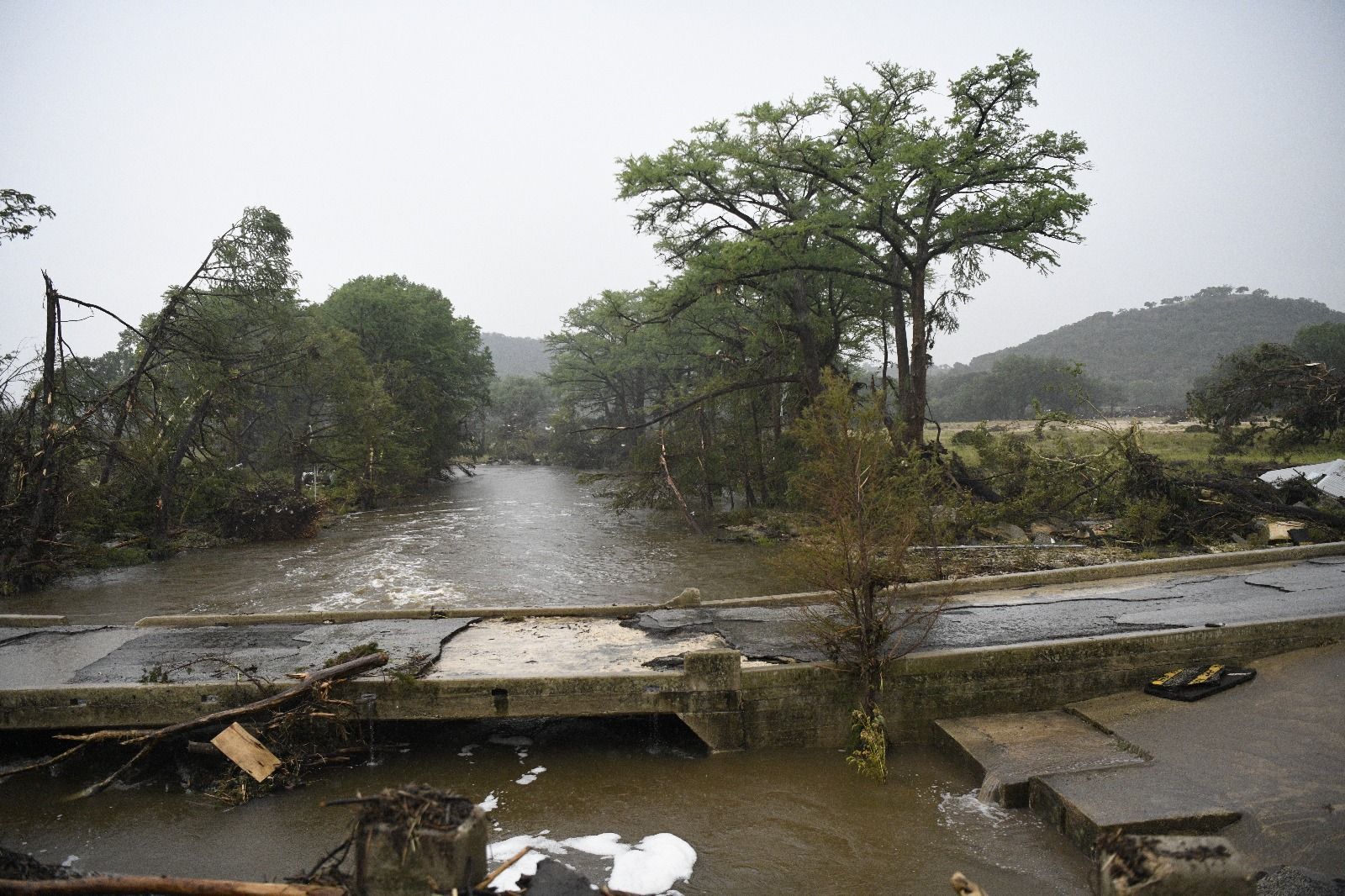
From July 3–4, 2025, Central Texas—especially Kerr County and the Guadalupe River basin—experienced catastrophic flash flooding that claimed over 130 lives, including children and staff at Camp Mystic. As grief and outrage settle, survivors and officials alike are questioning whether enough was done to warn those most at risk.
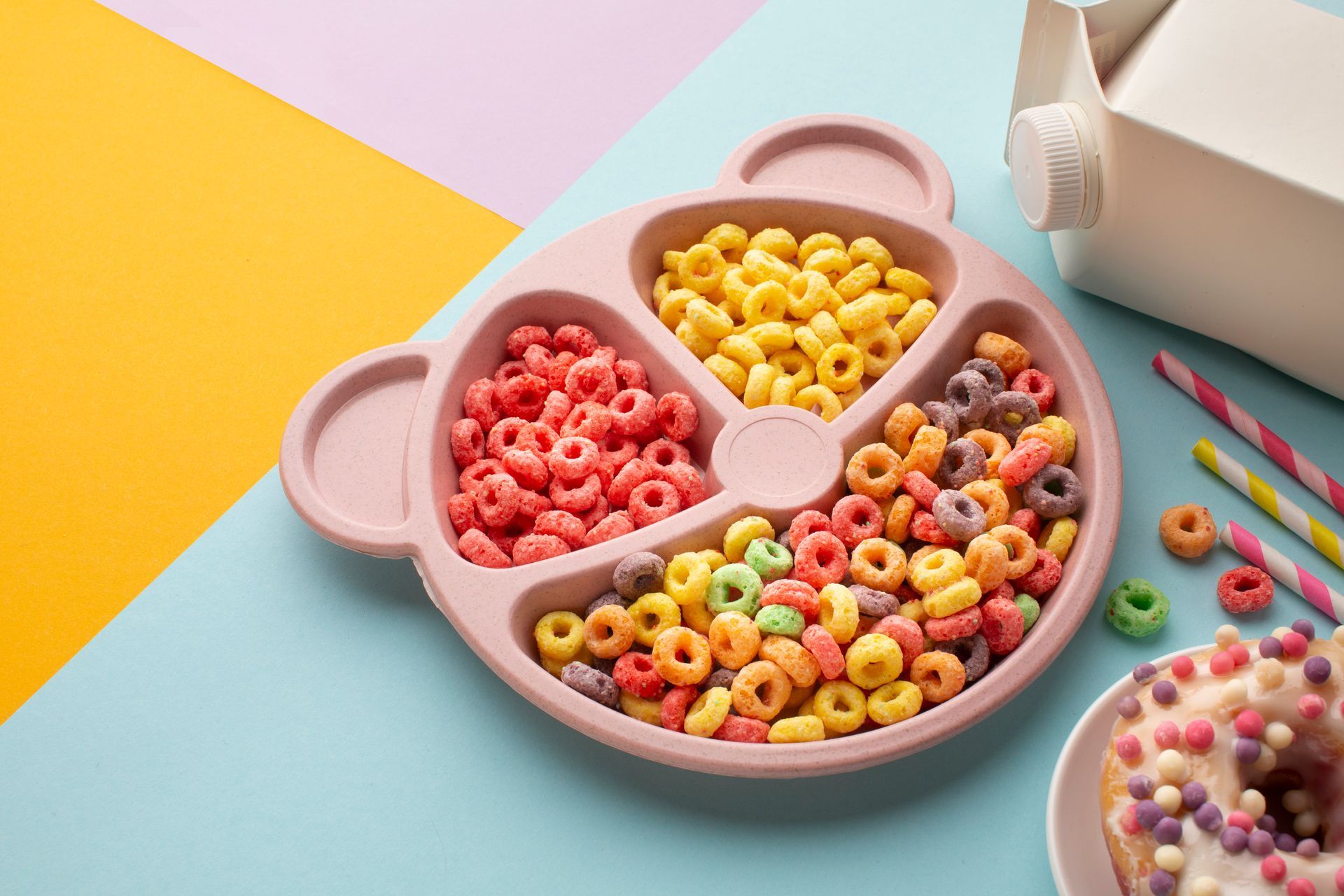
On June 22, 2025, Governor Greg Abbott signed Senate Bill 25 (SB25), known as the Make Texas Healthy Again Act. Beginning January 1, 2027, Texas will require prominent on-pack warning labels whenever food sold in the state contains any of 44 specific additives—including synthetic colorants like Red 40, Yellow 5, Blue 1, titanium dioxide, bleached flour, and partially hydrogenated oils. The mandated label must declare the following:

The FDA is delaying implementation of a rule that would require food companies to print nutritional information on the front labels of their products. The proposed rule was developed by President Biden’s Administration, with a comment period scheduled to close on May 16. The rule is designed to help consumers make better choices to avoid chronic health problems. Such problems—and consumer choices about nutrition—are things President Trump’s Secretary of Health and Human Services, Robert F. Kennedy Jr., has repeatedly touted. Even though hundreds of comments have been filed about the proposed rule, Kennedy’s Food and Drug Administration is delaying the close of the comment period by 60 days. Most of the comments filed so far have come from food companies and food industry trade organizations. “ A 60-day comment period extension allows adequate time for interested parties to submit comments while also not significantly delaying rulemaking on the important issues in the proposed rule ,” according to the FDA’s announcement about the delay.
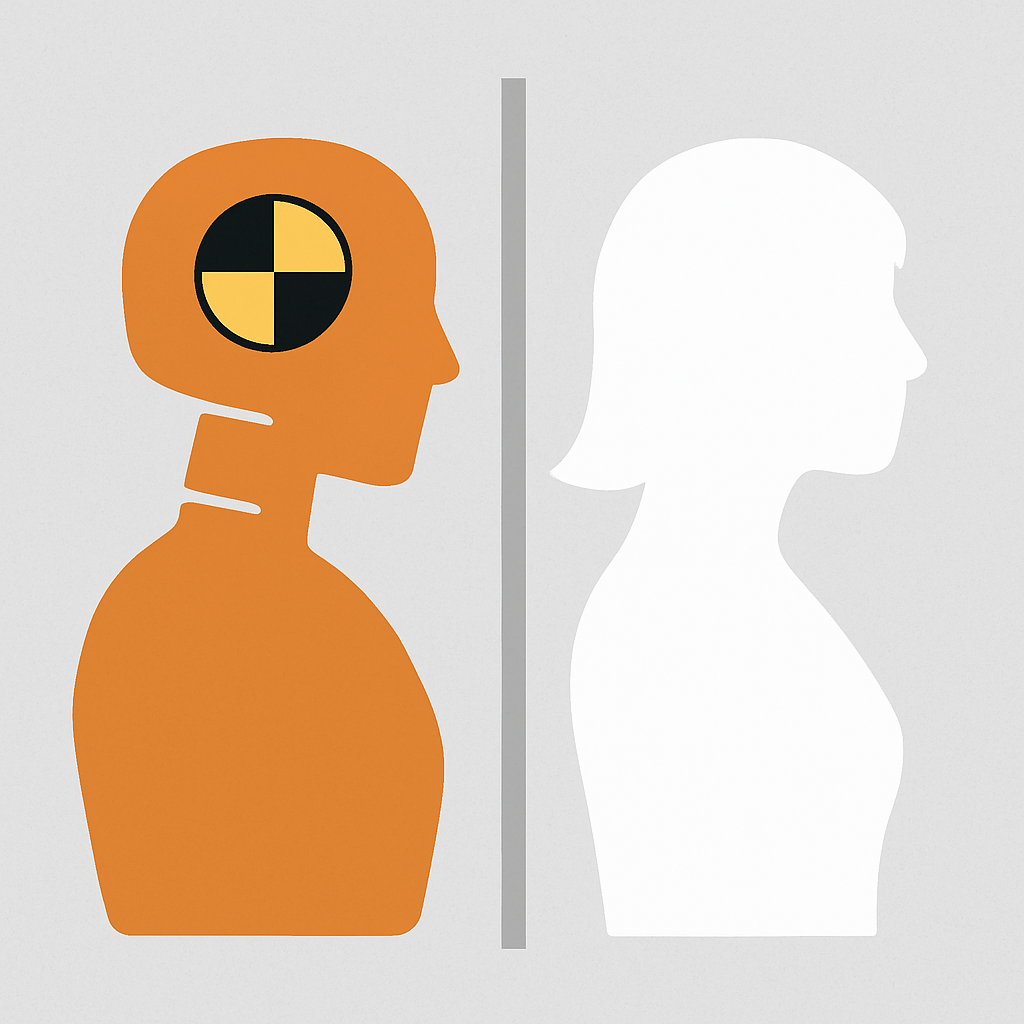
Car accidents are a leading cause of injury and death worldwide, yet the safety measures designed to protect occupants in these life-or-death situations have long ignored a critical reality: women are more likely to be severely injured or killed in crashes than men. This disparity isn't rooted in biology alone—it’s also a result of a troubling oversight in the automotive industry’s safety testing protocols. For decades, crash-test dummies, which serve as proxies for human passengers in simulated collisions, have been modeled after the average male physique, leaving women out of the equation entirely. The Alarming Data Gap The implications of this gender gap in safety testing are both staggering and infuriating. Women, on average, have different body compositions than men—they tend to be shorter, lighter, and have different muscle distributions and bone densities. These physiological differences mean that women’s bodies interact with car safety features—such as seat belts, airbags, and headrests—in distinct ways. When vehicles aren’t tested with dummies that accurately represent female anatomy, crucial data about how to better protect women in crashes is simply ignored. Studies have revealed the dire consequences of this exclusion. Research from the University of Virginia found that women are 47% more likely to sustain serious injuries in car accidents compared to men, even when accounting for variables like seatbelt usage and crash severity. Women are also significantly more likely to suffer whiplash injuries due to the positioning of headrests, which are often designed with men’s neck dimensions in mind. These statistics aren’t just numbers—they represent lives cut short, families broken, and untold suffering that could have been mitigated with equitable safety testing.
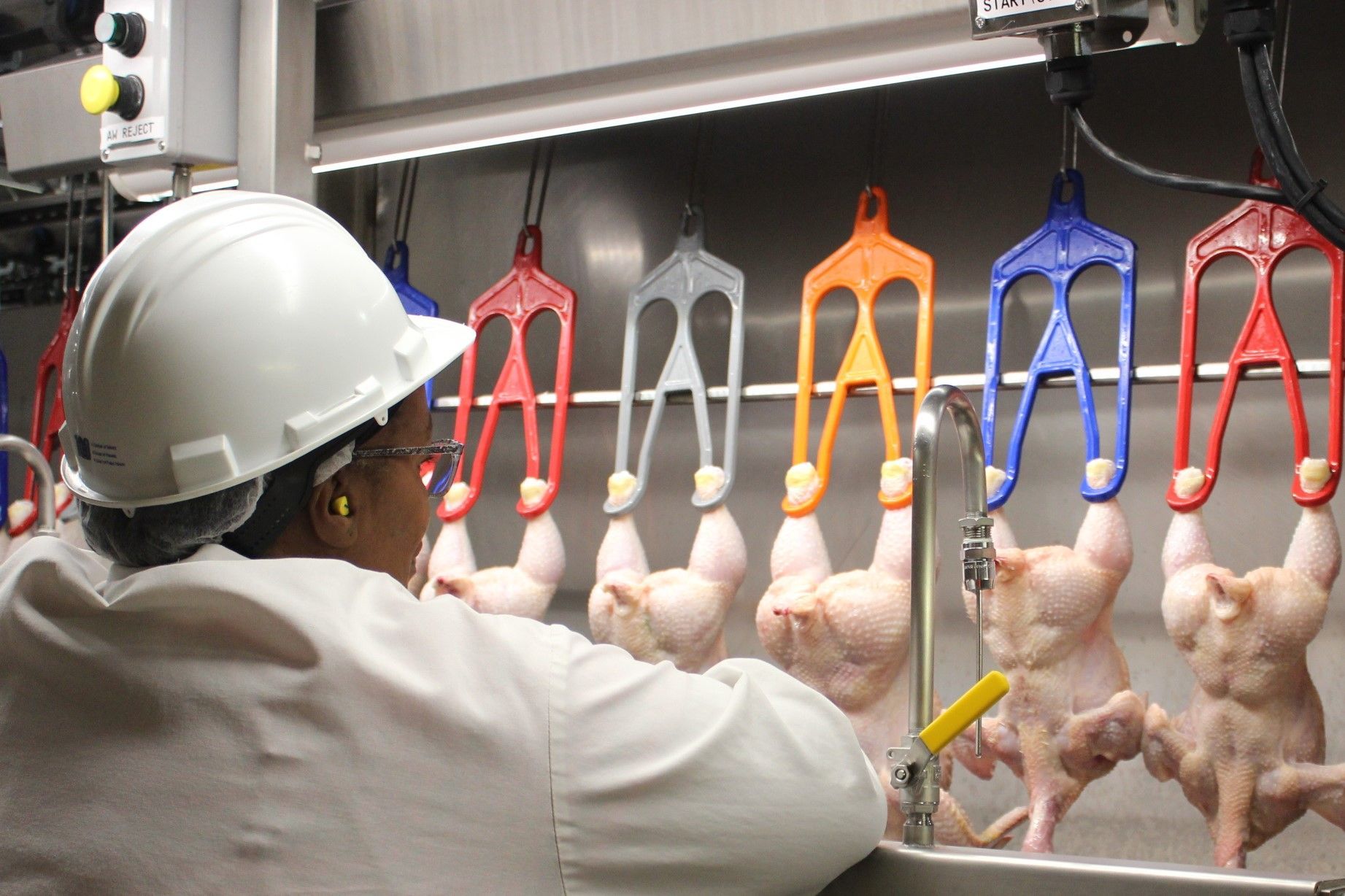
Recent budget cuts at the Health and Safety Science Services (HSSS) have sent shockwaves through the scientific and public health communities, threatening the very infrastructure designed to protect us from disease outbreaks, food contamination, and medical crises. These cuts have affected food inspectors, vaccine scientists, Alzheimer’s researchers, and experts studying bird flu, among others—positions that are essential to ensuring public safety and advancing critical medical research. The consequences of these decisions will be dire, potentially reversing years of progress and exposing society to increased health risks.




